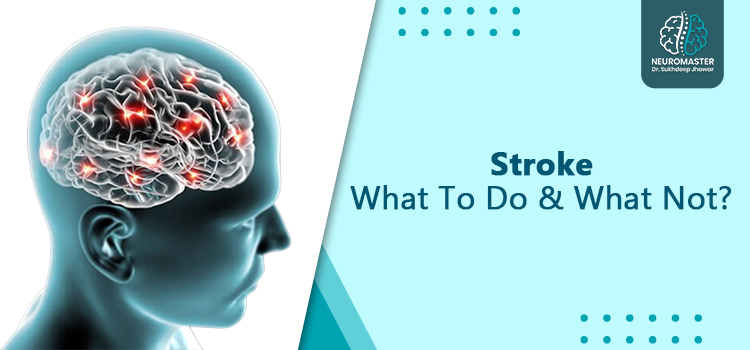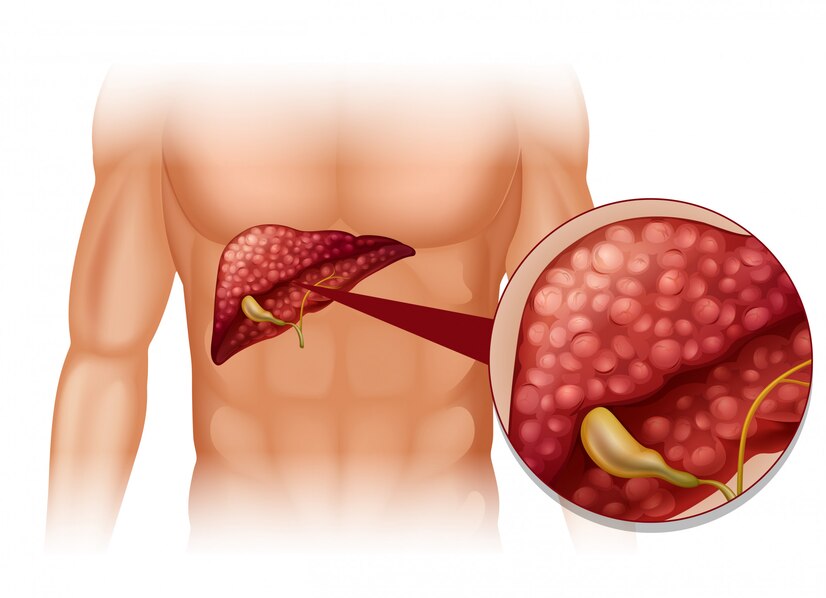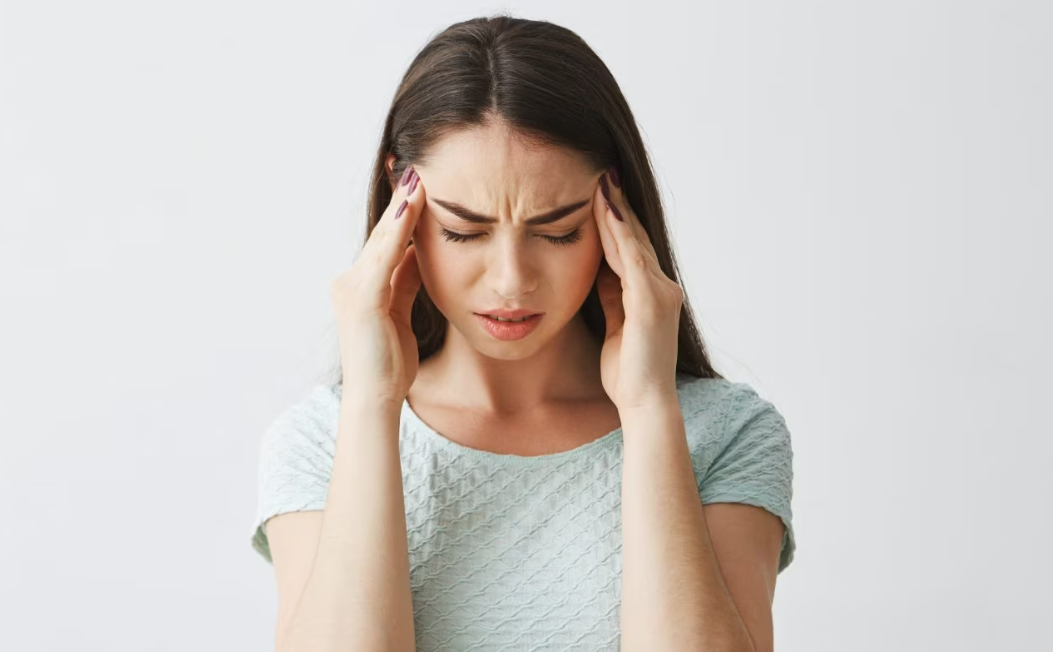The instant emergency medical services (EMS) come to transport you to the hospital, and your stroke treatment starts.
Once you visit the Best Neurosurgeons in Ludhiana, you might get emergency care, medication to stop a stroke from occurring again, therapy to deal with the stroke’s aftereffects, or all three.
Ischemic stroke treatment
If you seek medical attention within three hours of the onset of ischemic stroke symptoms, you may be given a thrombolytic (also known as a “clot-busting” drug) to break blood clots. A thrombolytic is a tissue plasminogen activator (tPA).
The chance of recovering from a stroke is increased by tPA. According to studies, patients with ischemic strokes who take tPA are more likely to make a full recovery or experience less handicap than patients who don’t take the medication. tPA patients are also less likely to require long-term care in a nursing home.
Unfortunately, many stroke patients arrive at the hospital too late to get tPA therapy. This is why it’s important to recognize stroke symptoms and signs as soon as possible and dial +91-9872940237
In addition to surgery to remove the clot, doctors may also offer other medications, such as blood thinners, to treat ischemic stroke.
Treatment of hemorrhagic stroke
It may be necessary to take extra medications, have surgery, or undergo additional treatments to stop the bleeding from a hemorrhagic stroke and protect brain tissue. For example,
It may be required to control the bleeding and preserve brain tissue with medicine, surgery, or other treatments. For instance:
Endovascular procedures Some hemorrhagic strokes may be treated with endovascular techniques, which can help mend a weak point or break in a blood vessel.
surgical procedure. Hemorrhagic strokes can be treated surgically. If a ruptured aneurysm is the cause of the bleeding, a metal clip may be used to reduce blood loss.
Recovering from stroke: stroke rehabilitation
Rehabilitation usually begins in the hospital after a day or two after a stroke. Rehabilitation makes it easier for patients to go home from the hospital and can lower their chance of having another stroke.
Recovery after a stroke is an individual experience; it may take weeks, months, or even years. While some experience long-term or permanent handicaps, others fully recover.
What to expect after a stroke
You can make considerable strides toward regaining your independence after a stroke. However, the following problems could still exist:
- On one side of the body, a person may have weakness, paralysis, or both.
- Problems with memory, judgment, learning, awareness, and attention.
- Problems understanding or speaking.
- Difficulty with emotion regulation or expression.
- Strange or numb sensations.
- Hands and feet pain that gets worse with activity and variations in temperature.
- Difficulty swallowing and chewing
- Problems controlling one’s bowels and bladder.
- Depression.
What is the treatment for stroke?
Working with speech, physical, and occupational therapists can be a part of rehab.
- Speech therapy helps those who have difficulty speaking or understanding what they are saying.
- Exercises are used in physical therapy to help you regain any lost coordination and movement abilities following a stroke.
- Occupational therapy intends to make everyday tasks easier, including eating, drinking, dressing, taking a shower, reading, and writing.
How can I stop having a stroke again?
You have a high risk of having another stroke if you’ve already had one. Therefore, it’s essential to tackle the factors that contribute to stroke, such as
- Heart disease.
- High blood pressure.
- Atrial fibrillation (fast, irregular heartbeat).
- High cholesterol.
- Diabetes.
Neurologist in Ludhiana may offer you medication or advise you to adopt other healthy lifestyle practices, such as exercising or changing your diet. In some situations, surgery may also be helpful.



